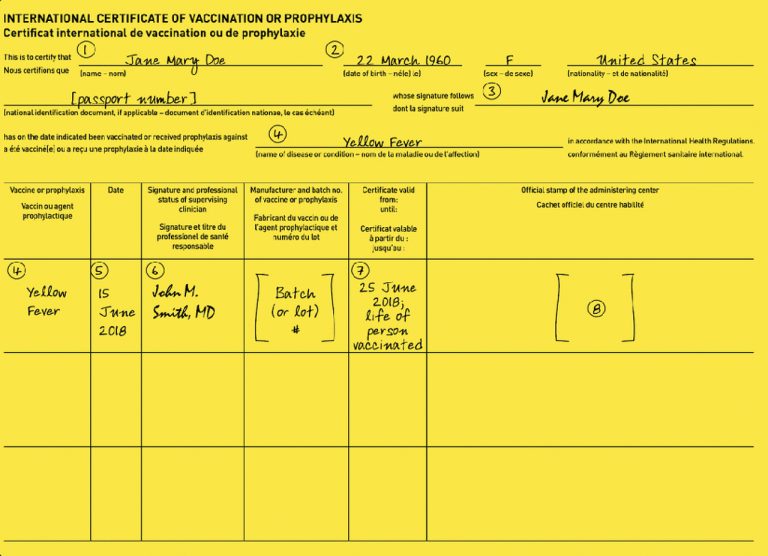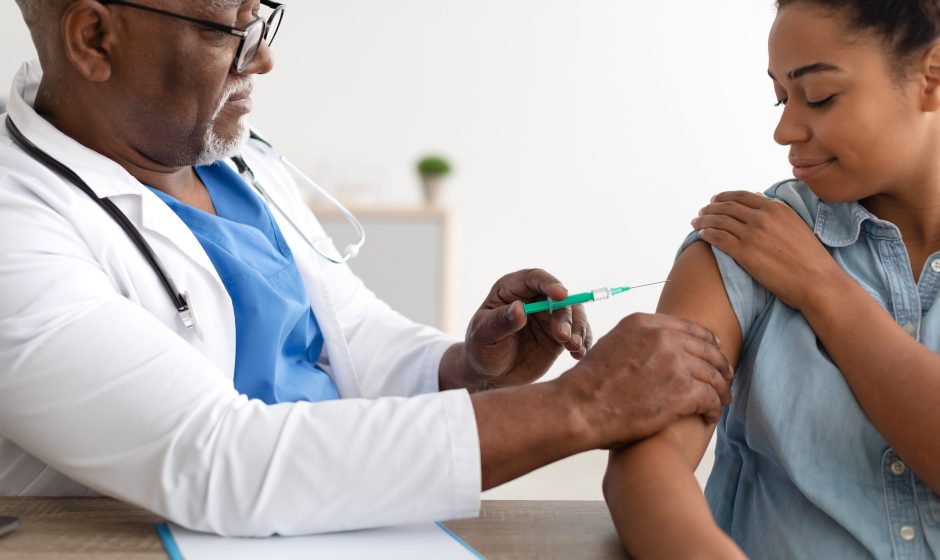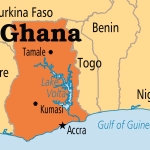If you are preparing for a trip to Ghana, Ghana vaccine requirements and preventive health measures should be at the top of your checklist. Ghana requires proof of Yellow Fever vaccination for entry, and several other vaccines are strongly recommended by travel health experts.
For authoritative guidance, review the CDC Ghana travel health page. This guide explains which vaccines are required, which are advised, and how to protect yourself against diseases like malaria while traveling.
The table below outlines the main Ghana vaccine requirements and widely recommended immunizations for travelers.
While only Yellow Fever is legally required, the following vaccines are strongly recommended:
| Vaccine | Purpose | What It Protects Against | Why It Matters for Ghana |
|---|---|---|---|
| Yellow Fever (Required) | Protects against a mosquito-borne viral disease | Fever, jaundice, liver failure, high mortality risk | Mandatory for entry; prevents outbreaks in West Africa |
| Hepatitis A | Protects against liver infection from contaminated food and water | Fever, nausea, jaundice, abdominal pain | Food and water hygiene challenges increase risk for travelers |
| Hepatitis B | Protects against bloodborne and sexually transmitted infection | Chronic liver disease, cirrhosis, liver cancer | Recommended for longer stays, medical work, or close contact |
| Typhoid | Prevents bacterial infection spread through food and water | Severe fever, abdominal pain, diarrhea, complications | Common in regions with limited sanitation infrastructure |
| Meningococcal (ACWY) | Protects against bacterial meningitis | Sudden fever, stiff neck, neurological complications | Ghana is in Africa’s “meningitis belt,” especially risky in dry season |
| Polio Booster | Prevents viral disease that can cause paralysis | Muscle weakness, permanent paralysis, respiratory issues | Recent polio outbreaks make a booster strongly advised |
| Routine Vaccines (MMR, Tdap, Varicella, Influenza) | Protect against standard infectious diseases | Illnesses such as measles, tetanus, pertussis, flu | Ensures full immunity; prevents bringing diseases into Ghana |
Swipe left or right to see the rest of the table.
Required Ghana Vaccine Requirements
Yellow Fever Vaccine
- Mandatory: All travelers aged 9 months and older must present proof of vaccination against Yellow Fever.
- Proof: You will need to carry the International Certificate of Vaccination or Prophylaxis (ICVP), also known as the “yellow card.” You can read more about the ICVP format on the WHO yellow card page.
- Timing: Get vaccinated at least 10 days before your trip to ensure the certificate is valid upon arrival.

Recommended Ghana Vaccine Requirements
While only Yellow Fever is legally required, the following vaccines are strongly recommended:
Hepatitis A
-
Spread through contaminated food and water.
-
Recommended for all travelers.
Hepatitis B
-
Spread through blood, medical procedures, and sexual contact.
-
Especially important for longer stays or medical volunteers.
Typhoid
-
Spread through unsafe food and drinks.
-
Injectable and oral vaccines are available.
Meningococcal (ACWY)
-
Ghana is in Africa’s “meningitis belt.”
-
Recommended for travelers to Ghana, especially during the dry Harmattan season (December to February).
Polio Booster
-
Ghana has had polio outbreaks in recent years.
-
Adults previously vaccinated should receive a single lifetime booster.
Routine Immunizations
Make sure your standard vaccines are up to date:
-
Measles, Mumps, Rubella (MMR)
-
Tetanus, Diphtheria, Pertussis (Tdap)
-
Varicella (chickenpox)
-
Seasonal Influenza
Malaria Prevention in Ghana
Malaria is common across Ghana. There is no vaccine for malaria, but preventive medication is recommended. See CDC guidance on chemoprophylaxis options for West Africa on the CDC malaria for travelers page.
-
Common prophylaxis options: Atovaquone-proguanil (Malarone), doxycycline, or mefloquine.
-
Additional precautions: Use insect repellent with DEET, sleep under insecticide-treated mosquito nets, and wear long clothing at night.
Travel Health Tips
-
Carry a small medical kit with rehydration salts, hand sanitizer, and anti-diarrheal medicine.
-
Drink bottled or purified water and avoid raw or undercooked foods.
-
Ask your travel clinic about rabies vaccination if you plan rural or extended travel.
Conclusion
Traveling to Ghana is an incredible experience, but it is important to safeguard your health before departure. By meeting the Ghana vaccine requirements and following medical advice on malaria prevention, you can travel with peace of mind. Always confirm your needs with a qualified travel health provider at least 4 to 6 weeks before your trip.



